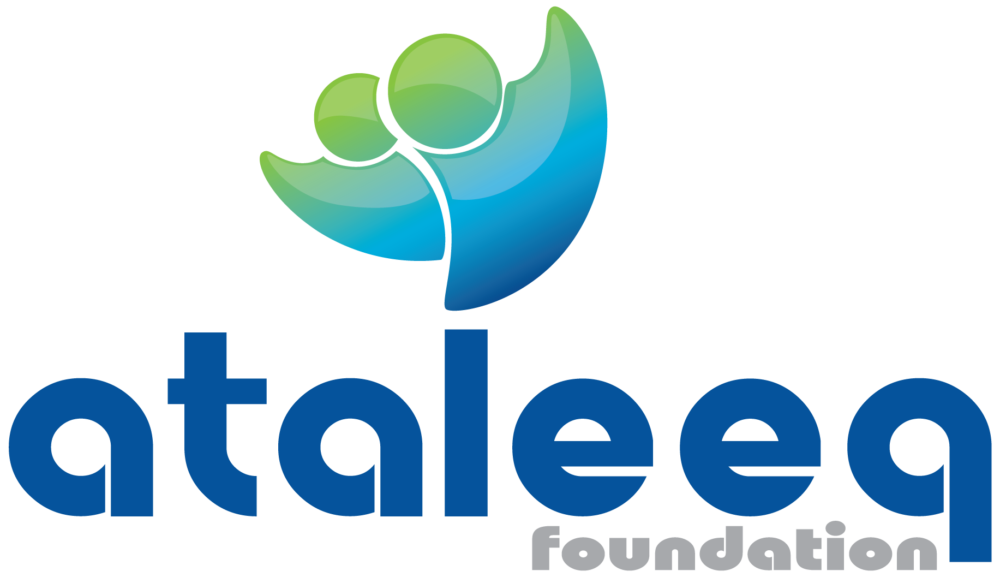Challenges

Challenges in Pakistan
Pakistan is facing a number of challenges, including:
Unemployment: The unemployment rate in Pakistan is estimated to be around 6%, which is higher than the global average of 5%. This is a major problem, as it means that many people are unable to find work and support themselves and their families.
Hunger: According to the World Food Programme, around 20% of Pakistanis are food insecure, meaning that they do not have access to enough food to meet their basic nutritional needs. This is a serious problem, as it can lead to malnutrition and other health problems.
Inflation: The inflation rate in Pakistan is currently above 25%, which is way higher than the global average of 6%. This means that the prices of goods and services are rising, which makes it difficult for people to afford to live.
Poverty: According to the World Bank, around 25% of Pakistanis live below the national poverty line. This means that they cannot afford to meet their basic needs for food, shelter, clothing, and healthcare.
Lawlessness: Pakistan is a country with a high crime rate. In 2022, there were over 20,000 murders, 100,000 cases of robberies, 5,000 cases of kidnapping, and 10,000 cybercrime cases reported in the country. Contrasting this with the statistics from 2010 paints a stark picture. Back then, reported incidents were significantly lower, with 13,000 recorded homicides, 2,000 kidnapping cases, and 500 instances of cybercrime.
These challenges are interconnected. For example, unemployment can lead to poverty, and poverty can lead to hunger and lawlessness. The Ataleeq Foundation believes that addressing these challenges requires a holistic approach that addresses all of the root causes.
